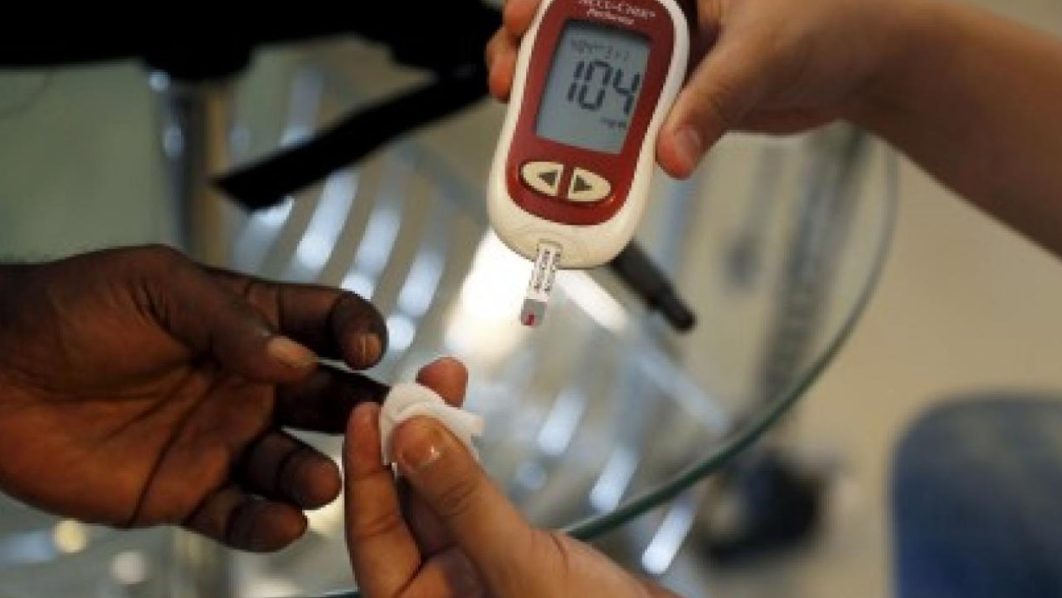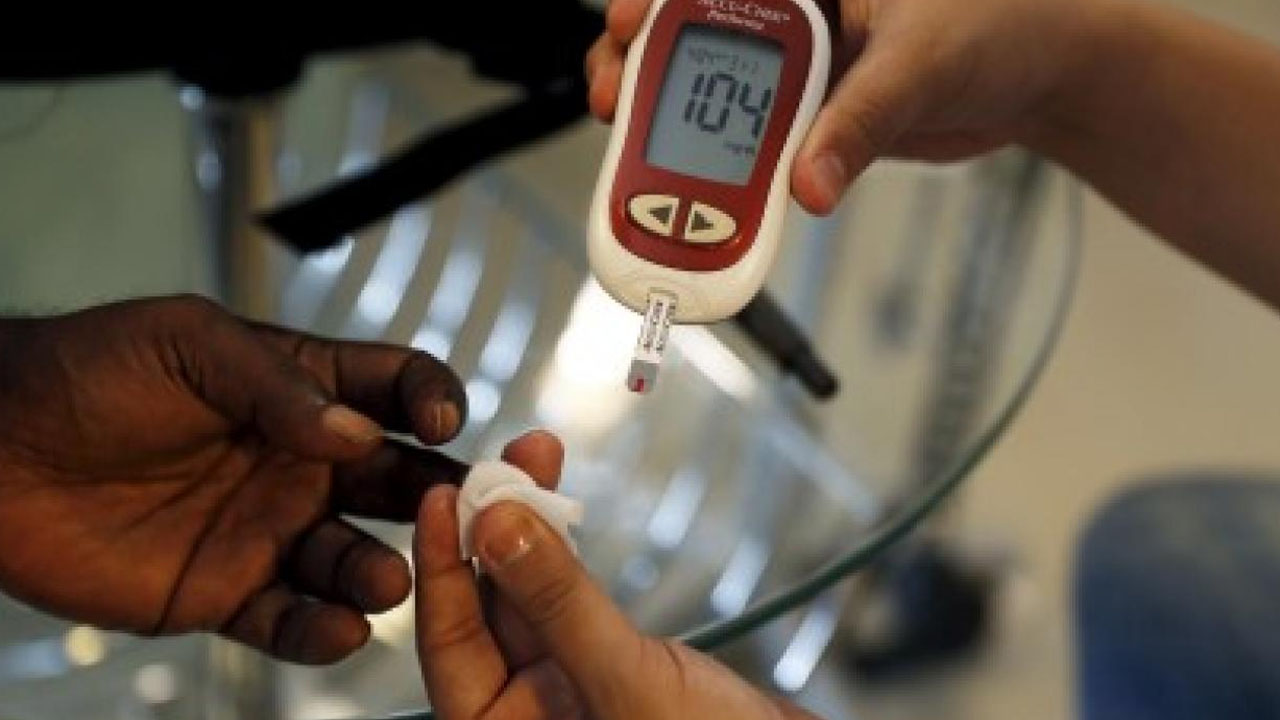
The diabetes epidemic is escalating at an alarming rate, and the recently commemorated World Diabetes Day (WDD) is only a reminder that it is crucial to confront the stark realities surrounding this health crisis. With over 24 million people living with diabetes in Africa and more than 800 million globally, the urgency for effective strategies to combat this disease has never been more pressing.
In Nigeria, the situation is particularly dire, with the cost of diabetes medications soaring to N100,000 per patient monthly. This financial burden is not just a statistic; it represents the struggles of families and individuals who are fighting a battle against a chronic condition that can lead to severe health complications.
Diabetes is a chronic metabolic disease characterised by elevated blood glucose levels, which can lead to severe damage to vital organs such as the heart, kidneys, and eyes. The World Health Organisation (WHO) identifies two primary types of diabetes: Type 1 and Type 2.
Type 2 diabetes accounts for most cases when the body becomes resistant to insulin or fails to produce enough insulin. This type has seen a dramatic rise in prevalence over the past three decades across all income levels, primarily attributed to factors such as poor diet, lack of physical activity, and increasing obesity rates.
The modern lifestyle, characterised by sedentary habits and high-calorie diets filled with processed foods and sugary drinks, has significantly contributed to this epidemic. Notably, Type 2 diabetes is no longer confined to adults; it is increasingly affecting children as well.
On the other hand, Type 1 diabetes, often referred to as juvenile diabetes, results from the pancreas producing little or no insulin. While both types of diabetes pose significant health risks, including heart disease, kidney failure, and amputations, the growing incidence of Type 2 diabetes presents a particularly urgent challenge for public health.
Despite notable strides made by the Nigerian Federal Ministry of Health through initiatives like the iCARE programme and partnerships with organisations such as the World Health Organisation (WHO) and Novo Nordisk, there remains a critical need for a multifaceted approach to combat this health crisis effectively. The current strategies must be expanded and strengthened to address treatment and prevention.
To reverse the tide of this growing epidemic in Nigeria, stakeholders, including government authorities, healthcare providers, community organisations and individuals, must come together to raise awareness about diabetes as a significant public health issue. Public health campaigns should emphasise the importance of reducing sugary drink consumption and promoting healthier dietary choices. Events like World Diabetes Day are vital platforms for sharing information about risk factors and management strategies.
Also, preventing diabetes requires a concerted effort toward healthier living. Nigerians must be encouraged to adopt balanced diets rich in fruits, vegetables, whole grains and lean proteins while engaging in regular physical activity. In addition, community initiatives such as establishing gardens or organising school fitness programmes can foster healthier habits from an early age.
Moreover, while Nigeria’s implementation of a Sugar-Sweetened Beverage (SSB) tax aimed at curbing excessive sugar consumption is commendable, the enforcement appears weak. If adequately implemented, this tax could significantly benefit public health by reducing sugar intake among Nigerians. As such, advocacy groups and health organisations should pressure the government to release an actionable plan regarding this tax’s implementation and monitor its effectiveness.
Equally important is improving access to healthcare services for early diagnosis and management of diabetes. The Federal Ministry of Health and Social Welfare (FMHSW) should collaborate with local organisations to establish mobile clinics offering free or low-cost screening services in underserved areas. By ensuring that vulnerable populations have access to necessary healthcare services, the country can increase early diagnosis rates and improve long-term outcomes for those at risk or living with diabetes.
Again, having support groups for individuals living with diabetes is another crucial aspect of management. These groups provide emotional support and practical advice on managing the disease while facilitating experience-sharing among members. Such community-driven initiatives can empower individuals with diabetes by fostering resilience and encouraging adherence to treatment plans.
Furthermore, for those living with diabetes in Nigeria, having access to affordable treatment is critical because the high cost of medications remains a significant barrier for many families struggling to manage their condition effectively. Hence, it is imperative to advocate for policies that lower medication costs, as this could include FMHSW negotiating prices with pharmaceutical companies or implementing subsidies for low-income patients, not discounting expanding access to generic medications, which can also provide more affordable options for those in need.
Again, developing a comprehensive national diabetes policy that includes prevention strategies, treatment guidelines, and funding allocations for diabetes-related research is essential. This policy should align with global health initiatives while considering local contexts to ensure effectiveness.
As the world battles diabetes, let us recognise that combating this epidemic is not solely the responsibility of healthcare providers or government entities; it requires collective action from all sectors of society. Businesses can contribute by promoting healthier workplace environments that encourage physical activity and healthy eating among employees.
Educational institutions must integrate health education into their curricula to teach future generations about preventing chronic diseases like diabetes. Families should prioritise healthy lifestyles at home by preparing nutritious meals and engaging in physical activities together.
The time for action is now! We must advocate for comprehensive national policies prioritising diabetes prevention and management while fostering a culture of health awareness across Nigeria. Let Nigerians demand better healthcare access for all citizens living with diabetes while promoting healthier lifestyles within our communities.
Together, Nigerians can turn the tide against this epidemic! It is time to empower ourselves and our communities with knowledge about diabetes prevention and management strategies that will lead us toward a healthier future. Let Nigerians unite in this fight against diabetes, not just on World Diabetes Day but every day, until the country achieves meaningful change in the nation’s approach to this pressing public health issue.






